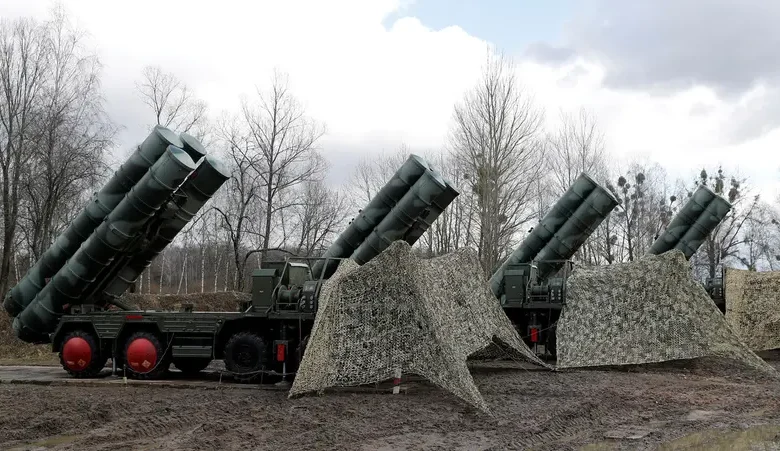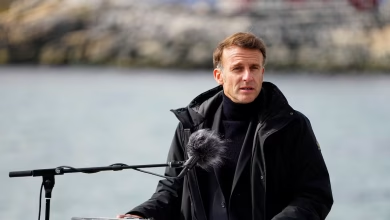Turkey rejected US proposal to send Russian S-400 defense systems to Ukraine: FM

The US had proposed that Turkey send to Ukraine the S-400 air defense system it bought from Russia, but Ankara refused, Turkish foreign minister Mevlut Cavusoglu said on Sunday.
“The US asked us to send the S-400s to Ukraine, and we said no,” Cavusoglu was cited as saying by state news agency Anadolu, and he added that such proposals were unacceptable as they sought to infringe on Turkish sovereignty.
Turkey’s purchase of the Russian S-400 has been a point of contention with the US and NATO for years, as they cited concerns that it would compromise the security and interoperability of NATO’s military operations. The US and NATO have warned Turkey that the S-400 system is not compatible with NATO’s defense systems and could expose sensitive information to Russia.
As a result of Turkey’s refusal to back down from the deal, the US has taken several punitive measures, including suspending Turkey from the F-35 fighter jet program in 2019 and imposing sanctions on Turkish officials and entities involved in the purchase of the S-400.
The ongoing dispute has strained the relationship between Turkey and its NATO allies and raised questions about Turkey’s strategic alignment in the region.
Asked about a possible return to the F-35 program, Cavusoglu said: “Ankara does not want to return to the program but rather wants back from Washington the money it paid for fighter jets before it was out of the program, while its jets were never delivered.”
He added that Turkey wants to improve its ties with the US, pointed to its current interest in buying F-16 jets and modernization kits.
In October 2021, Ankara requested F-16 fighter jets and modernization kits from the US in a deal worth $6 billion. The proposed deal included 40 new F-16 fighter jets and modernization kits for 79 existing Turkish F-16s.
While Joe Biden’s administration expressed its support of the F-16 sale to Turkey, it has faced opposition from Congress which has expressed concerns over Ankara’s human rights record and contentious foreign policy such as in Syria.










